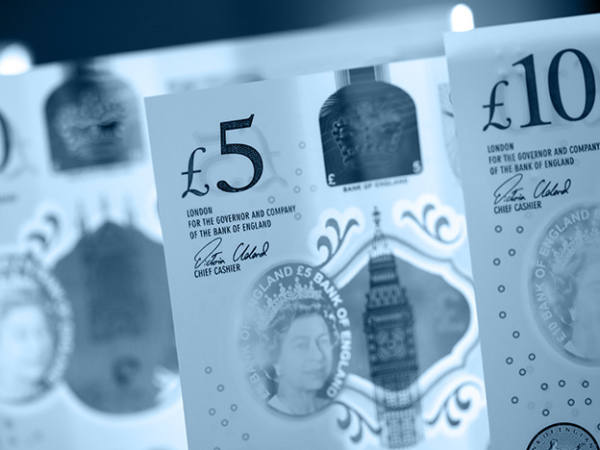- These three companies look to offer reasonably priced growth
- Measures other than price-to-earnings ratios should also be studied
When determining whether a stock is cheap or dear, it is important to look at the right metric. While the PE ratio is the dominant guide to valuation, it can mislead. In some cases net asset value (NAV) is the primary measure, for other companies with a large gap between profitability and cash flow it is better to consider earnings before interest, taxes, depreciation and amortisation (Ebitda) ratios. PE ratios can be flattered by short-term and/or fully external phenomena which lower the quality of earnings.
MP Evans (MPE) – this Indonesian-based palm oil producer is riding a mini commodity cycle in cooking oils where Covid-enduced shortages have caused a price surge that might remain through until 2025. Palm oil production has had a poor reputation, but the industry is evolving with sustainable producers such as MPE now achieving high ESG scores. While the shares may look relatively cheap (14x PE), the profit surge is based on windfall and that does lower earnings quality, but four years of stepped-up dividends from those higher earnings is attractive.
JD Sports (JD.) – the UK’s leading sports retailer has an impressive trading and share price history with a 30-fold increase in the share price over 10 years and 10-fold revenue increase. However, greater scale does begin to drag on growth and after a step change in EPS this year, growth is forecast to drop to just 6 per cent per annum through to 2024. While a near 20x PE looks pricey, the shares are best valued using EV/Ebitda. On this basis, JD looks inexpensive on less than 7x, but Omicron still has scope to ruin the party for retailers and the shares have de-rated accordingly. Cheaper buying opportunities may lie ahead.
Greencoat UK Wind (UKW) – a specialist investment trust focused on UK wind farm assets where, like most non-equity based trusts, it is harder for investors to understand movements in the all-important NAV. Higher electricity prices are a positive, as is higher general inflation, but with a large amount of debt, rising interest rates are an issue as are higher discount rates for setting the net present value (NPV) of wind farm assets. The shares might look cheap on a PE of 7x, but earnings are not the driver here, it is NAV growth and while that appears likely, it is far from certain: a reliably over 5 per cent yield does have some attraction, however. Another potential issue here is a low ESG score, perhaps unexpected for a green energy stock.
Download PDF








